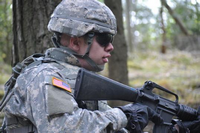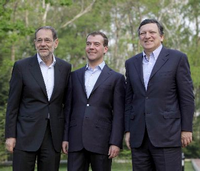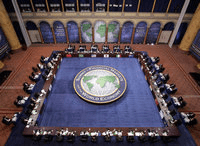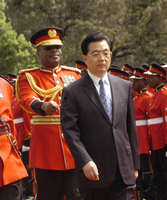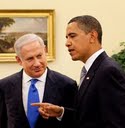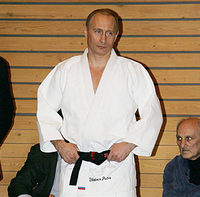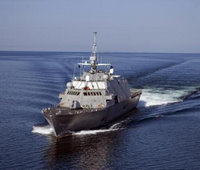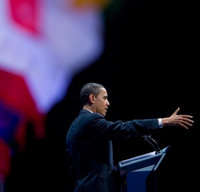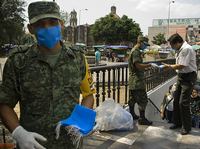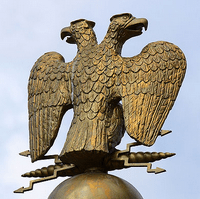
In its spring issue, the venerable Washington Quarterly asked what has become a perennial question, and the central theme of “Under the Influence”: Is the United States entering an age of decline or renewal? But while everyone agrees on the question, it seems that no one can make up their minds on the answer. At first glance, recent events seem to point to the former, or decline. The financial crisis has not only hobbled the U.S. economy, but has discredited the free-market messages it has long propagated abroad. Years of war without decisive victory in Iraq and Afghanistan has added […]


